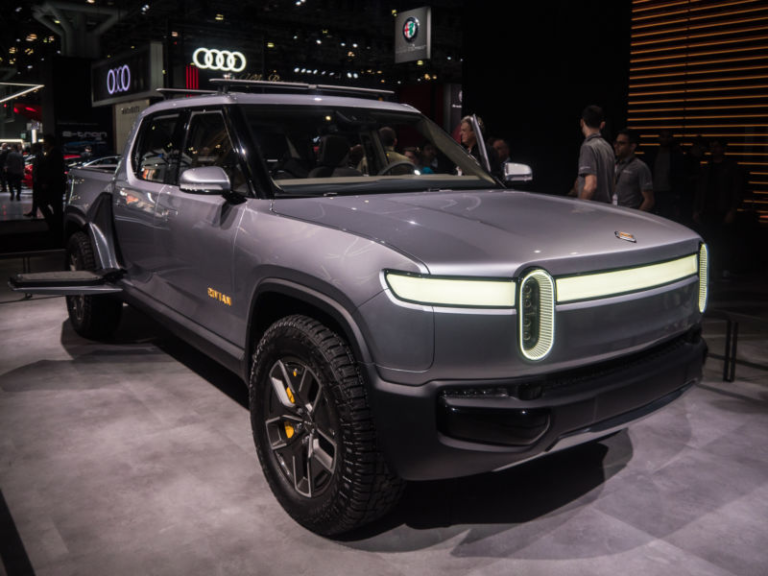
Introduction (50 words): The automotive industry has always been at the forefront of innovation and technological advancements. In recent years, we have witnessed remarkable transformations that are reshaping the way we perceive and interact with automobiles. This article explores the cutting-edge developments that are propelling the automotive sector into an era of unprecedented change and limitless possibilities.
- Electrification and Sustainable Mobility (100 words): One of the most significant shifts in the automotive industry is the widespread adoption of electric vehicles (EVs). As concerns about climate change intensify, manufacturers are investing heavily in developing efficient and affordable electric cars. This paradigm shift is reducing our dependence on fossil fuels, minimizing carbon emissions, and promoting sustainable mobility. With advancements in battery technology, EVs are now capable of longer ranges, faster charging times, and enhanced performance. Moreover, the integration of renewable energy sources into charging infrastructure is ensuring cleaner energy for the entire ecosystem.
- Autonomous Driving and Artificial Intelligence (100 words): Autonomous driving technology is revolutionizing the way we travel. Artificial intelligence (AI) algorithms, advanced sensors, and machine learning capabilities are enabling vehicles to navigate without human intervention. The development of self-driving cars aims to improve road safety, enhance traffic management, and optimize energy consumption. With each passing day, autonomous vehicles are becoming smarter, capable of adapting to various driving scenarios and interacting with their surroundings. From autopilot features in luxury cars to fully autonomous shuttles in urban areas, self-driving technology is poised to redefine transportation as we know it.
- Connectivity and Smart Mobility (100 words): The automotive industry is rapidly embracing connectivity to provide enhanced driving experiences. Cars are now equipped with advanced infotainment systems, seamlessly integrating with smartphones, wearable devices, and cloud-based services. The concept of smart mobility entails interconnecting vehicles, infrastructure, and users, allowing for real-time data exchange and improved road safety. Moreover, vehicle-to-vehicle (V2V) and vehicle-to-infrastructure (V2I) communication systems are facilitating efficient traffic management and reducing congestion. The era of connected cars has arrived, enabling personalized services, remote diagnostics, and over-the-air updates for an unparalleled user experience.
- Lightweight Materials and Sustainable Manufacturing (100 words): The pursuit of improved fuel efficiency and reduced emissions has spurred the use of lightweight materials in automotive manufacturing. High-strength steel, aluminum, carbon fiber, and composites are replacing traditional steel components, resulting in lighter, yet durable vehicles. These materials not only enhance performance but also contribute to increased range in electric vehicles. Furthermore, sustainable manufacturing practices are gaining traction, with manufacturers implementing eco-friendly processes and utilizing recycled materials. The shift towards lightweight and sustainable materials is transforming the automotive industry’s environmental impact, making it more responsible and eco-conscious.
Conclusion (50 words): The automotive industry is undergoing a profound transformation, driven by electrification, autonomous driving, connectivity, and sustainable manufacturing. These advancements are reshaping mobility, emphasizing sustainability, and revolutionizing the user experience. As we embrace the future of automotive technology, we can anticipate a safer, more efficient, and environmentally conscious transportation landscape.


